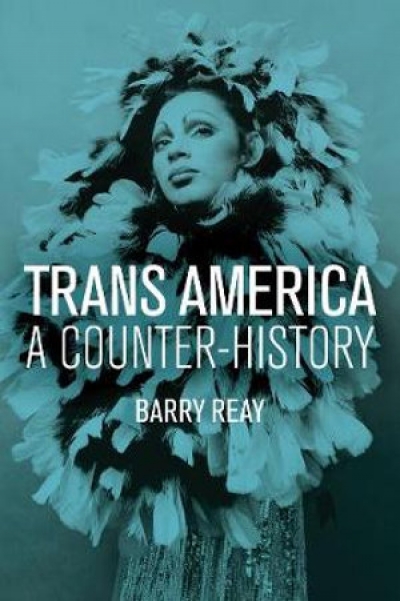Yves Rees
Six years after the ‘transgender tipping point’ proclaimed by Time magazine in 2014, the trans and gender-diverse (TGD) community continues to surge into the spotlight. From Netflix and Neighbours to the Merriam-Webster Dictionary (which named ‘they’ its 2019 word of the year), transgender experience is enjoying well-deserved recognition and representation. Visibility, however, is not without its problems. Internationally, growing awareness has triggered an anti-trans backlash, with the TGD community becoming a conservative scapegoat du jour. The United States is experiencing a spate of anti-trans violence, while ‘bathroom bills’ proliferate in red states. In Australia, the 2016 moral panic over Safe Schools was followed in 2019 by The Australian’s anti-trans campaign (with sixty-eight articles, ninety-two per cent of them negative, published in six months), as well as the transphobic fearmongering of TERFs (trans-exclusionary radical feminists) over Victoria’s birth certificate reforms – not to mention Prime Minister Scott Morrison’s attacks on ‘gender whisperers’.
... (read more)
